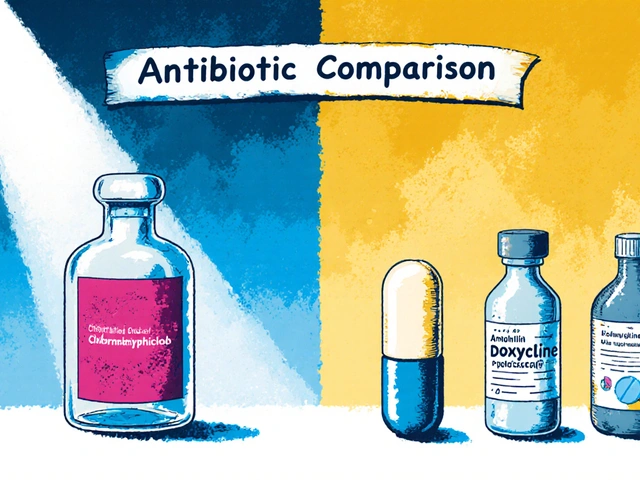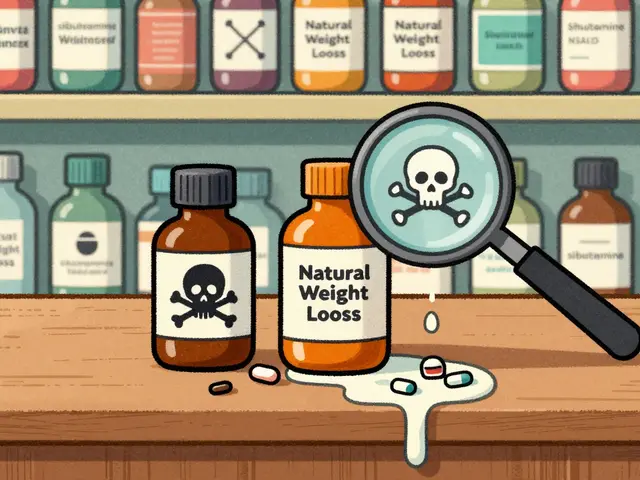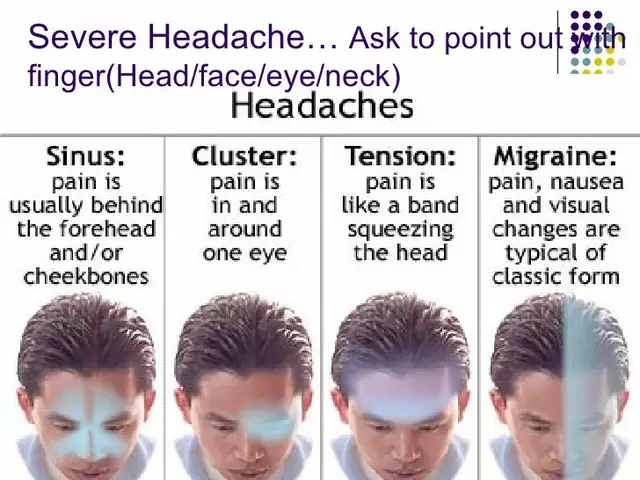Supplements: Practical Guides, Safety Tips, and Real Picks
Want to try a supplement but not sure where to start? You’re in the right place. This tag page groups our best, most practical pieces about supplements—what helps, what may be risky, and how to choose quality products that actually match their labels.
Think of supplements as tools, not cures. Some can help mood, sleep, or thyroid function, but they can also interact with prescription meds or cause side effects. Read the label, check for third-party testing, and if you’re taking meds or pregnant, talk to a clinician before you begin.
How to choose safe supplements
Start by asking three quick questions: 1) Does credible evidence back the claim? 2) Is the product third-party tested (USP, NSF, or ConsumerLab)? 3) Could it interact with my current medications? If you can’t answer yes to at least two of those, slow down.
Look for full ingredient lists with amounts per serving. Avoid proprietary blends that hide doses. Check the expiration date and prefer brands that provide a certificate of analysis (COA). If a product promises overnight cures or miracle results, it’s a red flag.
Dosage matters. More is not always better. For example, omega-3s help mood at certain doses, while excessive vitamin B3 or A can cause harm. Follow recommended doses on reliable articles or labels, not influencer tips.
Common supplements covered on this site
On HeyDoctor.com we focus on evidence and safety. Our articles include practical reviews like "Natural Mood-Boosting Supplements" (SAM-e, rhodiola, omega-3s), a guide to Red-Spur Valerian for sleep and stress, and a breakdown of thyroid options comparing generics and brands. You’ll also find pieces on vitamins like PABA and how diet can boost their effects.
We don’t sell products here. Instead, we explain who benefits from each supplement, what side effects to watch for, and how supplements fit with real medical care. For example, mood supplements might help mild symptoms or support therapy, but they aren’t replacements for prescribed antidepressants when those are needed.
Quick safety checklist: always tell your doctor about supplements, scan labels for dose and third-party seals, avoid mixing stimulants with ADHD meds or SSRIs with certain herbal products, and stop use if you get new symptoms like rash, heart palpitations, or digestive upset.
Want actionable reading? Start with the mood-boosting supplement guide if you feel low, or our thyroid cost-and-effectiveness article if you’re managing hypothyroidism. Bookmark articles you like and keep a short list of the supplements you take—your pharmacist or clinician will thank you.
Explore the tagged posts below to compare options, learn dosing tips, and find the safest path for your needs.

- May 15, 2025
- Posted by Cillian Osterfield
Acetyl-L-Carnitine and Thyroid Health: Vital Facts You Can't Ignore
Curious about how acetyl-l-carnitine influences thyroid health? This article sheds light on the chemical's mechanisms, its impact on thyroid hormones, and what science says about using it for better metabolism. Discover expert tips and reliable facts about possible benefits and risks to make smart choices for your thyroid health. You'll find real data, debunked myths, and practical advice. All you need to know, explained clearly in one place.
Categories
- Health and Wellness (72)
- Medications (68)
- Health and Medicine (28)
- Pharmacy Services (12)
- Mental Health (9)
- Health and Career (2)
- Medical Research (2)
- Business and Finance (2)
- Health Information (2)
Latest Posts
©2026 heydoctor.su. All rights reserved





